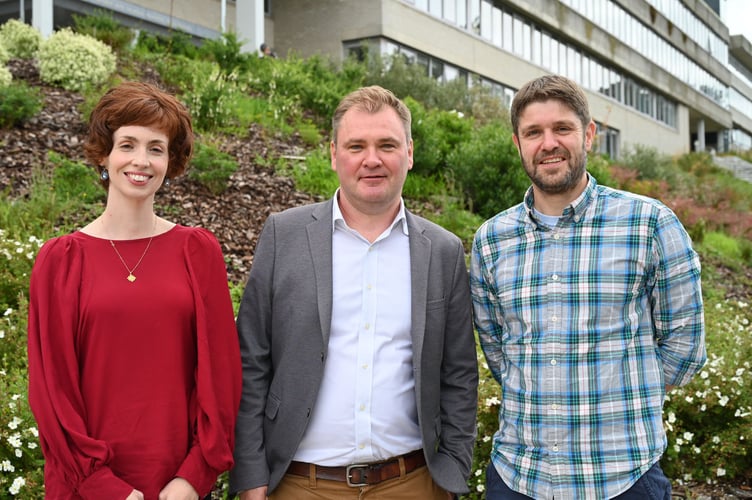How can Wales’ language development help migrant integration across the world?
This is the question Aberystwyth University researchers hope to answer with a new three-year project.
In an era of increased migration, the project starting in September will look at how to support migrant integration through learning the language of their host country.
It comes weeks after the UK was shocked by anti-immigration riots, sparked by a false rumour that the murder suspect of the triple stabbing in Southport was an asylum seeker.
The research funded by the Leverhulme Trust will examine policies, experiences, and perspectives on linguistic integration in Wales, England and Quebec, working with Swansea University, Queen Mary University of London (QMUL) and the Max Planck Institute in Germany.
Professor Leigh Oakes from QMUL said: “In an age of increased immigration, learning the language of the host community is commonly portrayed as the key to successful integration.
“However, little attention has been devoted to the practical and moral implications of linguistic integration for newcomers and their host societies, especially where more than one language can serve as a language of integration.
“By employing an innovative interdisciplinary approach, this project will address significant gaps in scholarship to provide the first systemic study of the ethics of linguistic integration in democratic societies.”
Dr Huw Lewis from Aberystwyth University said: “Researchers at Aberystwyth have a strong track record of contributing to academic and policy debates regarding language policy - both here in Wales and internationally.
“Comparing policies and experiences of linguistic integration in England and Wales will be particularly insightful considering the majority versus minority language positions of English and Welsh, and Welsh Government’s recent efforts to develop an approach to linguistic integration determinedly distinct from that pursued by the UK Government in England.
“We hope that lessons learnt through our research can be analysed and applied elsewhere.
“For example, to what extent should newcomers be expected to learn their host country’s language or languages, what are the ethical considerations of linguistic integration, and what are the practical implications for education, healthcare and other services regarding the linguistic needs of newcomers?


.png?width=209&height=140&crop=209:145,smart&quality=75)


Comments
This article has no comments yet. Be the first to leave a comment.